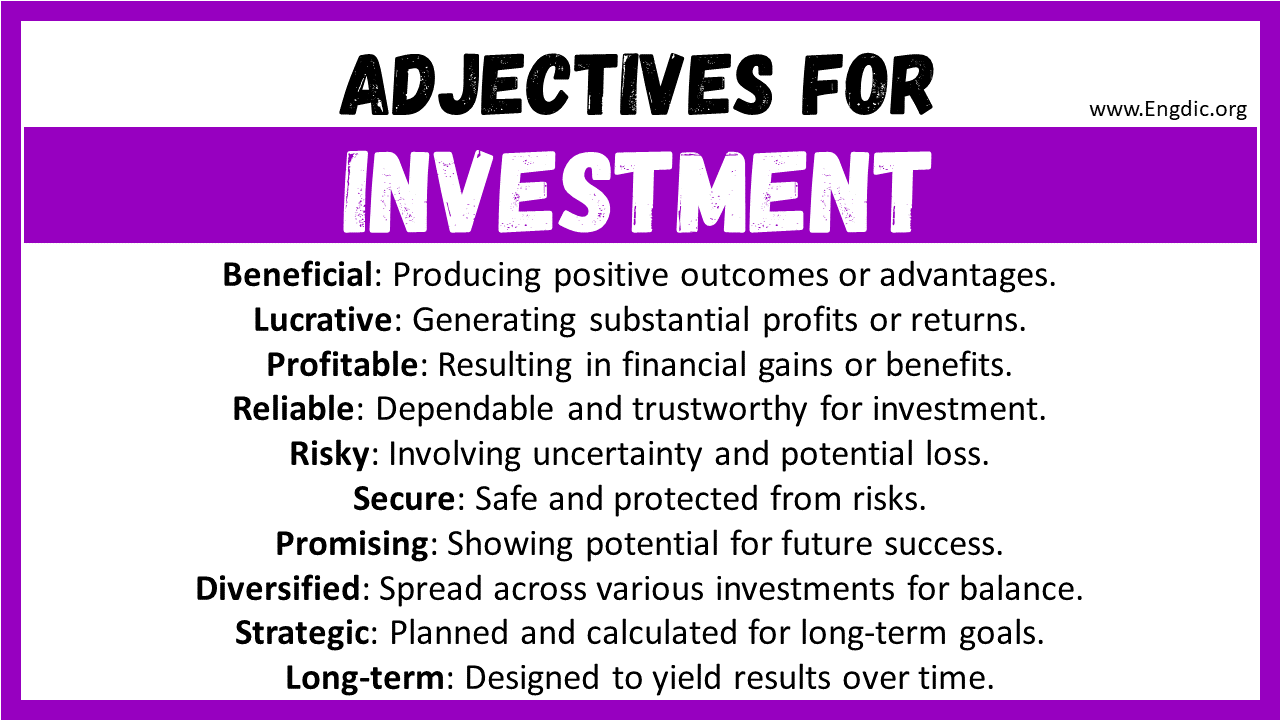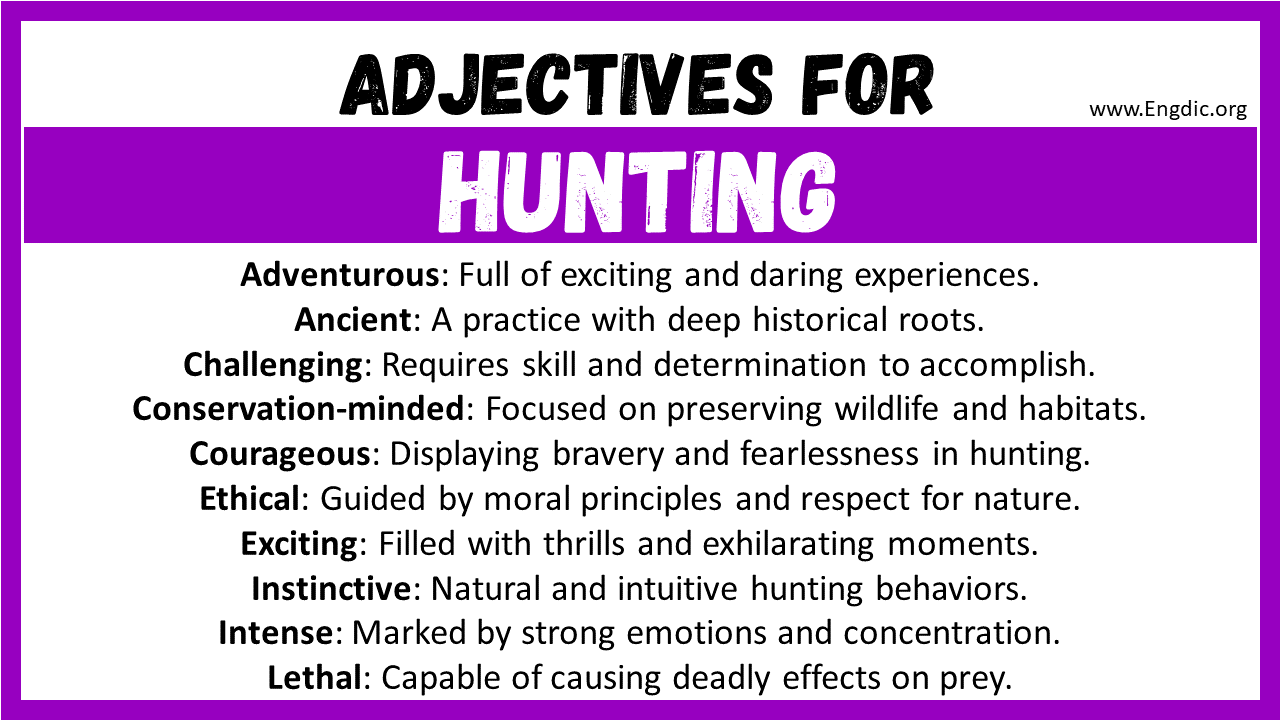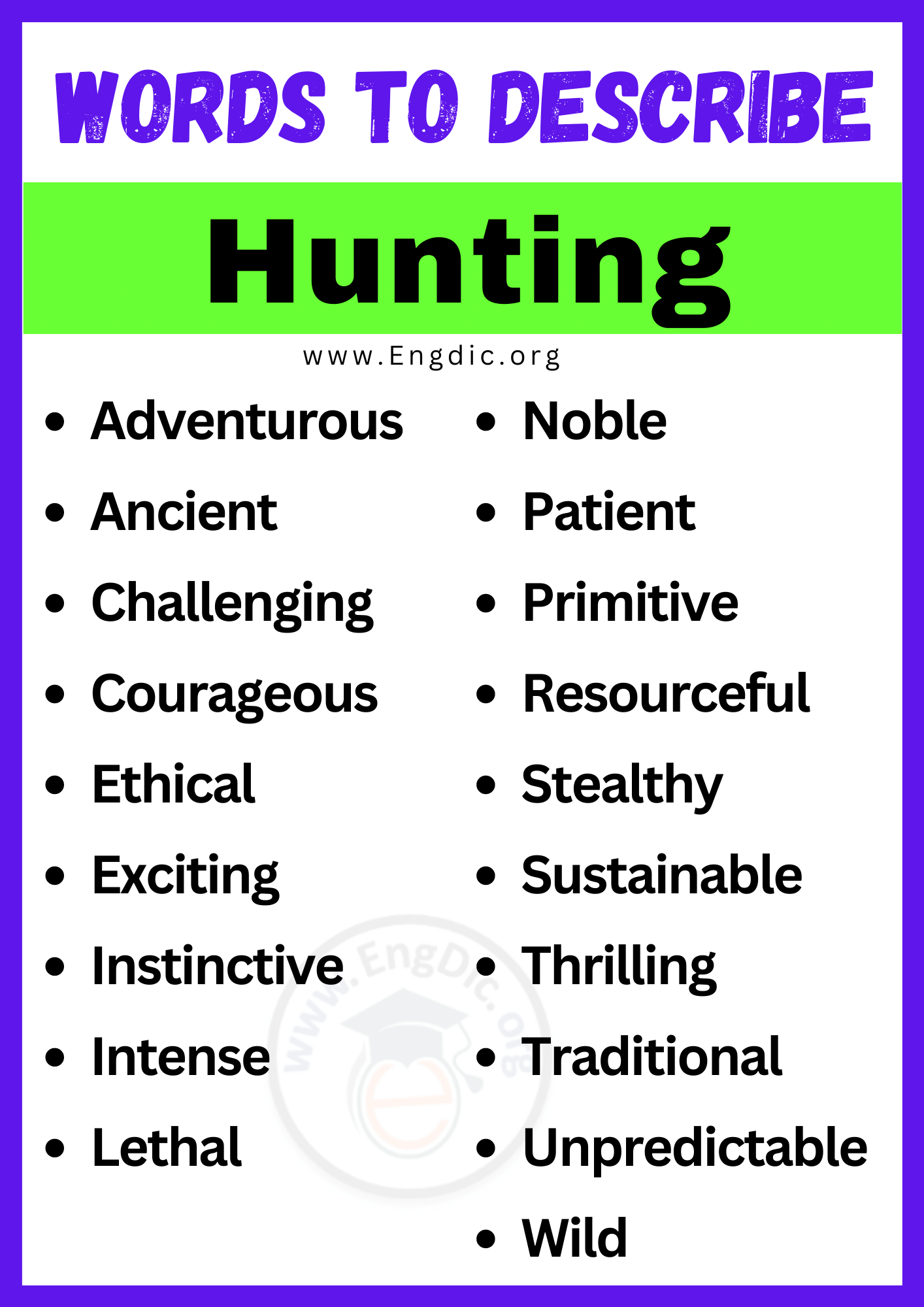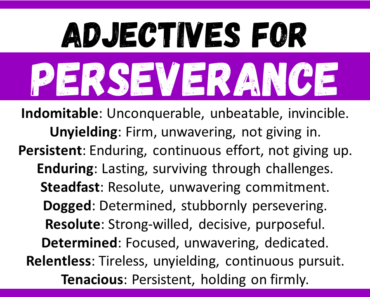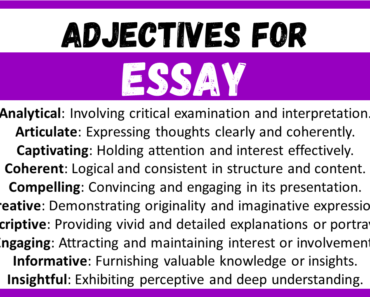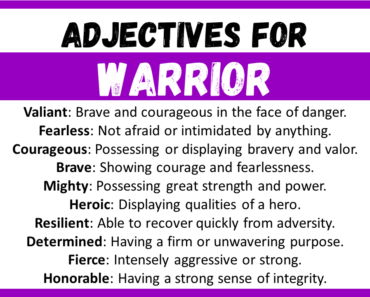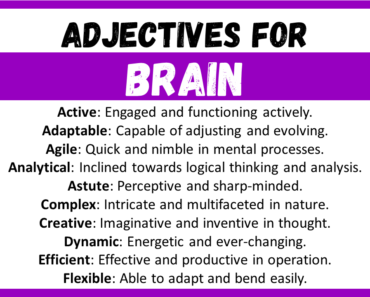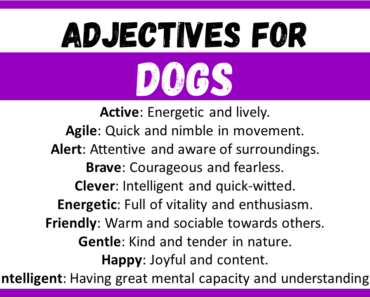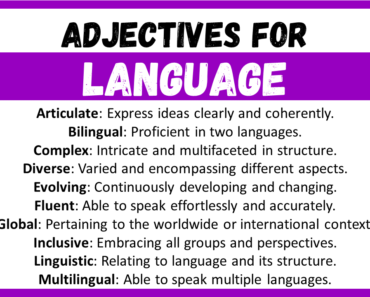Hunting, in its simplest form, refers to the act of tracking and pursuing wild animals for various purposes, such as food, sport, or conservation. This primal activity has deep-rooted historical significance and has evolved alongside human civilization. Describing hunting entails exploring a rich tapestry of words that encapsulate the essence of this ancient practice. From “stealthy” and “patient” to “sustainable” and “adventurous,” these words provide a glimpse into the diverse emotions, skills, and ethical considerations intertwined with the art of hunting.
Adjectives for Hunting
Here are the 20 Most Popular adjectives for hunting:
- Adventurous
- Ancient
- Challenging
- Conservation-minded
- Courageous
- Ethical
- Exciting
- Instinctive
- Intense
- Lethal
- Noble
- Patient
- Primitive
- Resourceful
- Stealthy
- Sustainable
- Thrilling
- Traditional
- Unpredictable
- Wild
Words to Describe Hunting with Meanings
- Adventurous: Full of exciting and daring experiences.
- Ancient: A practice with deep historical roots.
- Challenging: Requires skill and determination to accomplish.
- Conservation-minded: Focused on preserving wildlife and habitats.
- Courageous: Displaying bravery and fearlessness in hunting.
- Ethical: Guided by moral principles and respect for nature.
- Exciting: Filled with thrills and exhilarating moments.
- Instinctive: Natural and intuitive hunting behaviors.
- Intense: Marked by strong emotions and concentration.
- Lethal: Capable of causing deadly effects on prey.
- Noble: Reflecting dignity and honor in hunting pursuits.
- Patient: Demanding perseverance and waiting for opportunities.
- Primitive: Rooted in early, basic hunting techniques.
- Resourceful: Utilizing creativity and adaptability in hunting.
- Stealthy: Operating in a secretive and silent manner.
- Sustainable: Focused on maintaining ecological balance and resources.
- Thrilling: Providing excitement and intense enjoyment.
- Traditional: Rooted in customs and practices passed down through generations.
- Unpredictable: Involving uncertainties and unexpected outcomes.
- Wild: Associated with untamed and natural environments.
Example Sentences for Hunting Adjectives
- Adventurous: The hunter embarked on an adventurous safari.
- Ancient: Hunting has been practiced since ancient times.
- Challenging: Tracking elusive prey can be challenging.
- Conservation-minded: The tribe followed a conservation-minded approach.
- Courageous: He showed courageous determination in hunting.
- Ethical: The hunters upheld ethical hunting principles.
- Exciting: The chase was thrilling and exciting.
- Instinctive: The wolf’s hunting behavior was instinctive.
- Intense: The hunter’s focus during the hunt was intense.
- Lethal: The lion’s claws are lethal weapons.
- Noble: The tribesmen saw hunting as a noble endeavor.
- Patient: Waiting patiently, he spotted his prey.
- Primitive: Early humans used primitive hunting methods.
- Resourceful: The hunter was resourceful, using natural tools.
- Stealthy: The predator moved stealthily through the forest.
- Sustainable: They practiced sustainable hunting to preserve wildlife.
- Thrilling: The hunt provided a thrilling experience for all.
- Traditional: The ceremony included a traditional hunting ritual.
- Unpredictable: Hunting outcomes in the wild are unpredictable.
- Wild: They ventured deep into the wild for hunting.
Explore More Words:
FAQ’s
How to describe hunting in writing?
Hunting in writing can be described as the pursuit of wild animals for various purposes, such as sustenance or recreation, involving skills, patience, and an intimate connection with nature.
What other word is used for hunting?
“Hunting” is also commonly referred to as “the chase” or “pursuit” of wild game.
Is hunted a verb or adjective?
“Hunted” is a verb, as it represents the action of pursuing and capturing animals during the hunt.
